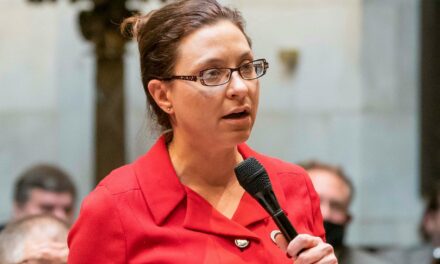
UW, MCW promote minority researchers, research on health disparities
The state’s two medical schools are seeking to promote minority researchers and research focused on health disparities.
A national health researcher discussed how to recruit and retain “hard-to-reach populations” at the Health Equity Leadership Institute earlier this month in Madison. The program is hosted by by the University of Wisconsin Collaborative Center on Health Equity and the Maryland Center for Health Equity.
Carl Hill, director of the National Institute on Aging’s Office of Special Populations, emphasized the importance of studying the factors that influence equity.
He said race, ethnicity, sex, gender and identity “all play into gaining a fundamental knowledge of identifying groups in the U.S. living system that are disproportionately affected by illness and disability.”
According to Hill, boosting participation of these historically marginalized groups requires spending time and developing relationships with them. He said the leadership institute gives minorities the opportunity to create a network within the field.
Andrea Gilmore-Bykovskyi, a professor at the UW School of Nursing, said people from low socioeconomic backgrounds are much more likely to develop Alzheimer’s disease but they’re included in research at very low rates.
Olayinka Shiyanbola, a UW School of Pharmacy professor, said she got involved in the leadership institute to gain strategies for doing health equity research. But she said one of the most positive aspects has been building connections with other researchers of color.
“It made me realize, ‘Oh, my gosh, I’m not the only one trying to do this,’” she said. “They had similar challenges.”
Medical College of Wisconsin spokeswoman Holly Botsford said the school has similar programs.
They include the Center for Flourishing Lives project, which aims to catalyze health improvement and social development in a Milwaukee neighborhood with health disparities, and the MCW Institute for Health and Equity, which focuses on finding the root causes of health disparities.
This article first appeared in the Wisconsin Health News daily email newsletter. Sign up for your free trial here.
– Ellie Borstad





